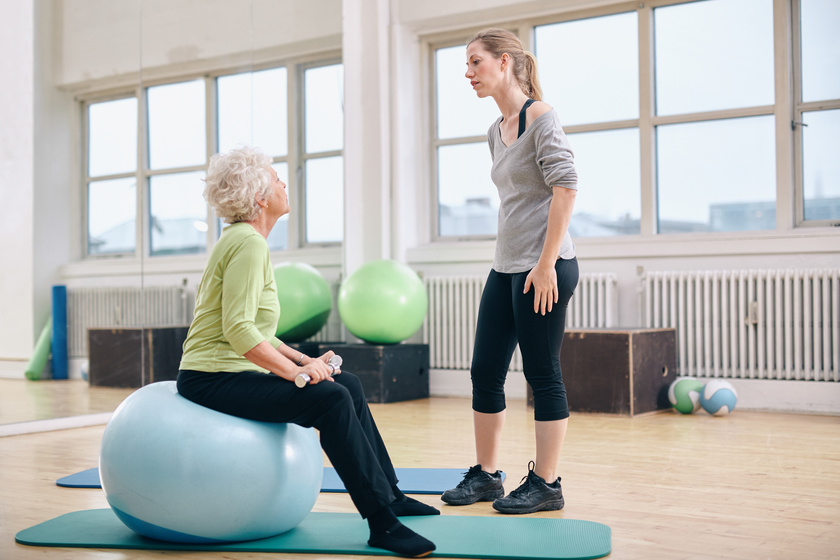As we age, certain bodily functions we never had to think twice about start to decline. One of such functions is maintaining hand-eye-coordination. Aging adults may start noticing that it seems harder to do some activities of daily living. They find that these tasks usually require the use of the eyes to direct muscles to act. This change is not easily noticed in a day as it is gradual.
Many factors could be responsible for reduced hand-eye coordination. However, it is most commonly related to modifications in our vision coupled with lesser functions in certain parts of the brain. These modifications are a part of maturing and should be prepared for rather than feared.
Why Hand-Eye Coordination Is Important
Hand-eye coordination plays a crucial role in everyday life. We use it for all sorts of our daily tasks like writing, cooking, and so on. Since falls are the leading cause of injury in aging adults, maintaining these motor-skill can be a lifesaver. Just being able to grab a closeby railing or hold on to the banister to steady your balance is great for fall prevention.
How to Maintain Hand-Eye Coordination as an Aging Adult
Maintaining hand-eye coordination is important for people of all ages, but it can become especially important as we get older. If you notice that your hand-eye coordination is starting to wane, these simple tips can make it easier to perform your everyday tasks.
- Stay Active and Use Both Hands
Engaging in physical activity can help improve hand-eye coordination. This can include activities such as sports, dancing, or even just going for a walk. Keeping an active lifestyle will give you more opportunities to reinforce your motor-skills. Moreover, try to use both hands at once whenever you brush your teeth. This can steady your hands and help you exercise better control during activities in which you might feel a bit shaky.
- Play Ball and Other Games
There are many games that can help improve hand-eye coordination. The most fun and easiest to do is to throw and catch a softball. You can practice this alone or with others. If you are by yourself, then grab a softball and try bouncing it on the floor or against a wall and catching it. It requires you to focus on your reaction time and can keep your brain sharp. Other beneficial games include throwing darts and playing video games.
- Practice Your Fine Motor Skills
Activities that involve using small muscles in the hands and fingers, such as knitting or drawing, can help improve hand-eye coordination. Another great way to practice fine motor-skills is to do some creative work. Painting and drawing are top on the list because they require your concentration on fine details as you work. Writing works well too but be sure to practice using cursive scripts.
Additionally, any type of craft that gets your hands and brain muscles to work together will also help you. Finally, you can leverage technology to maintain your hand-eye coordination. Many devices, such as tablets and smartphones, have apps that can help improve hand-eye coordination.
- Take Advantage of Sleep, Exercise and Therapy
Sleep is paramount for overall physical and mental well-being which in effect can help you improve hand-eye coordination. If you have trouble sleeping, speak to your doctor about it. Furthermore, balance and agility exercises will help you improve your hand-eye-foot coordination. Therapy will strengthen your mind and body so that they can maintain fluidity to help you do activities more easily.







